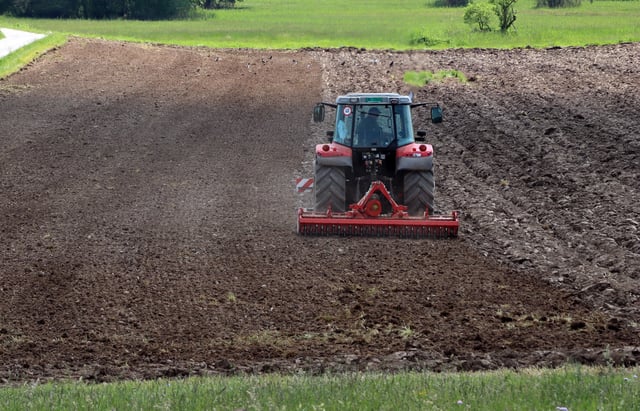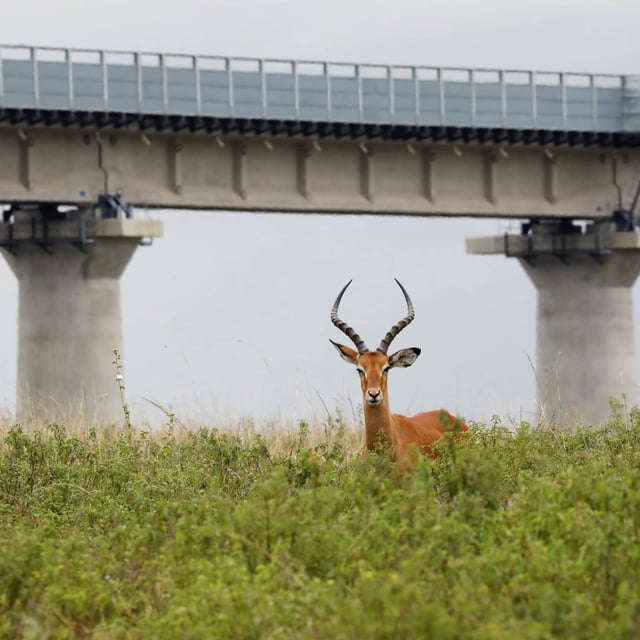Overview
- Human activities have caused a 20% reduction in species numbers at impacted sites globally, according to a comprehensive synthesis study analyzing data from over 2,000 research efforts.
- The study identifies habitat change, direct exploitation, climate change, invasive species, and pollution as the five primary drivers of biodiversity loss across all ecosystems and species groups.
- Beyond species loss, human pressures are reshaping species communities, leading to shifts in ecosystem functions and increasing risks for vertebrates like reptiles, amphibians, and mammals.
- Agriculture and pollution, particularly from pesticides and fertilizers, are highlighted as especially harmful to biodiversity, causing both species declines and changes in community composition.
- The study, one of the largest of its kind, serves as a benchmark for future biodiversity research and conservation strategies, emphasizing the urgency of addressing human-driven environmental changes.

